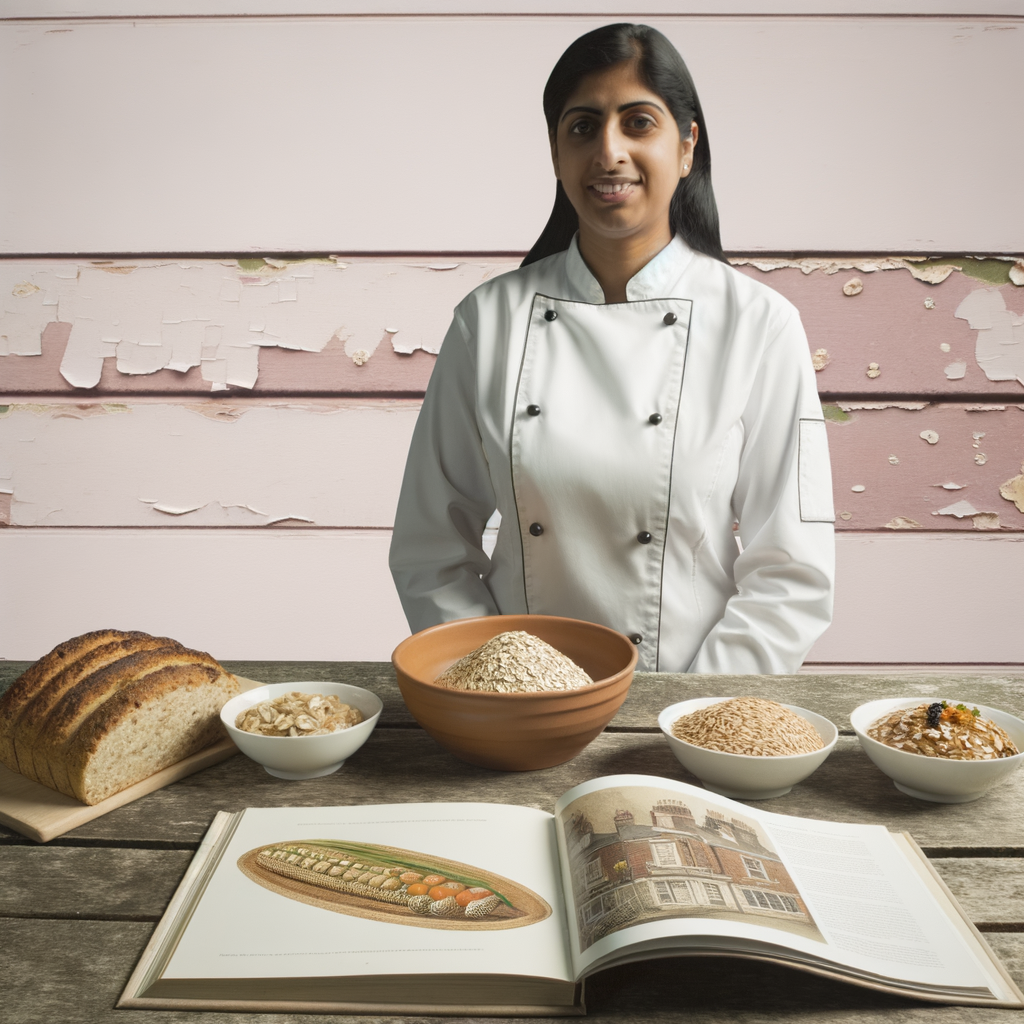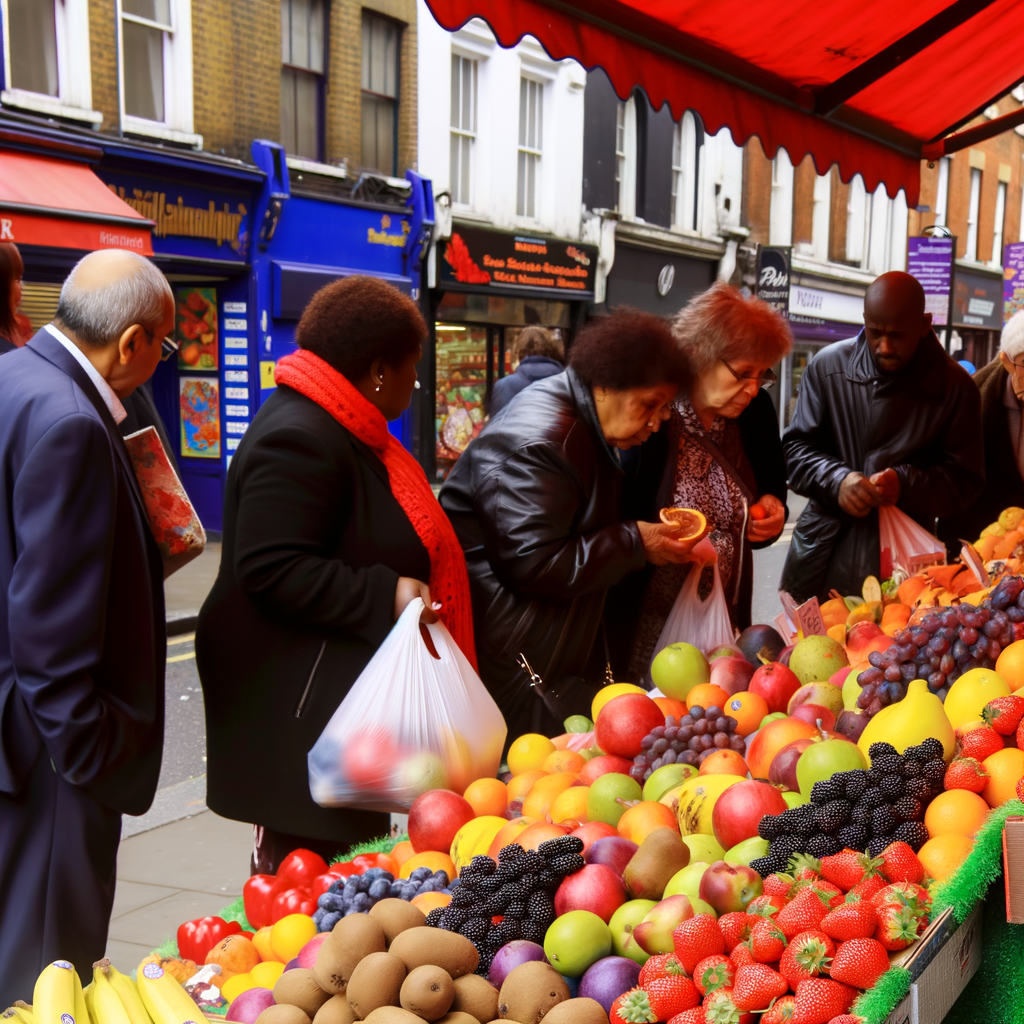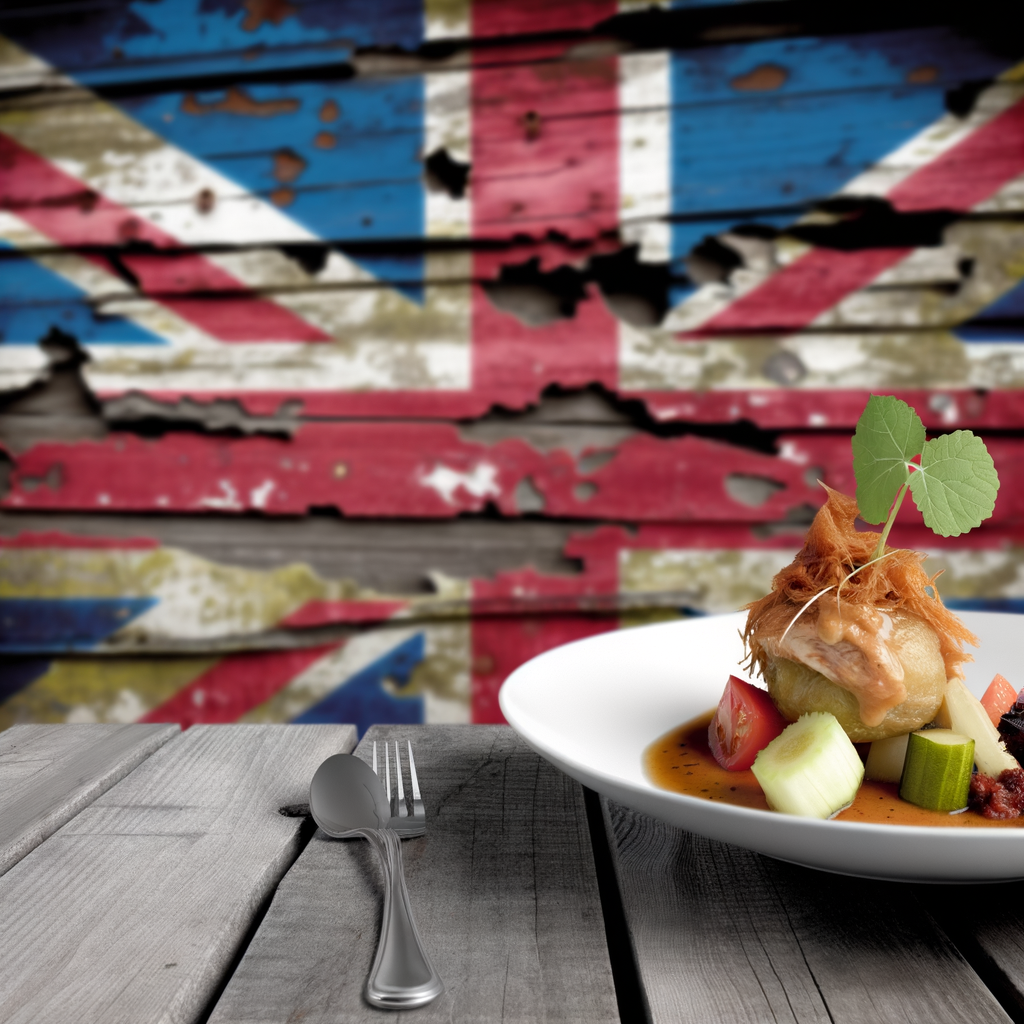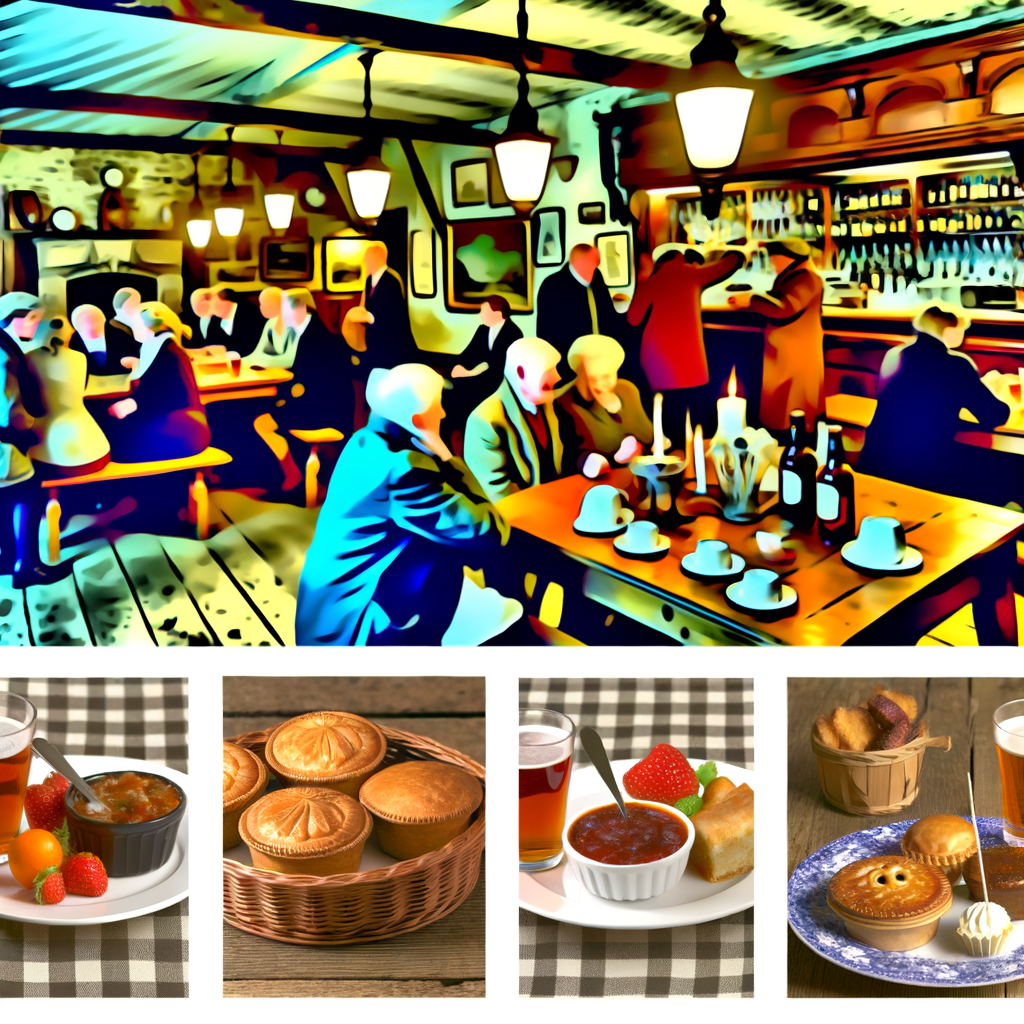When one thinks of British cuisine, grains may not be the first thing that comes to mind. However, as a British chef, I can assure you that grains play a crucial role in our food culture. From traditional dishes to modern innovations, grains are integral to the British kitchen. In this article, we will explore the diversity and importance of grains in British cuisine.
One of the most iconic British dishes, fish and chips, relies heavily on grains. The fish is battered in a mixture of flour and beer, while the chips are made from potatoes, a type of root vegetable that is considered a grain. Another popular dish, shepherd’s pie, has a base of mashed potatoes, which are also a grain. And let’s not forget about the classic British breakfast, which often includes toast, a form of grain.
But it’s not just traditional dishes that incorporate grains. In recent years, British chefs have been experimenting with grains in new and exciting ways. Quinoa, a South American grain, has become a popular ingredient in British cuisine, often used as a substitute for rice or couscous. Additionally, grains such as barley and farro have been used in modern takes on traditional British dishes, adding a unique texture and flavor.
As a chef, I believe it is important to celebrate and preserve the use of grains in British cuisine. Not only do they provide essential nutrients and flavor, but they also showcase the diversity and adaptability of our food culture. I encourage future generations of British chefs to continue incorporating grains into their cooking, while also pushing the boundaries and exploring new possibilities.





